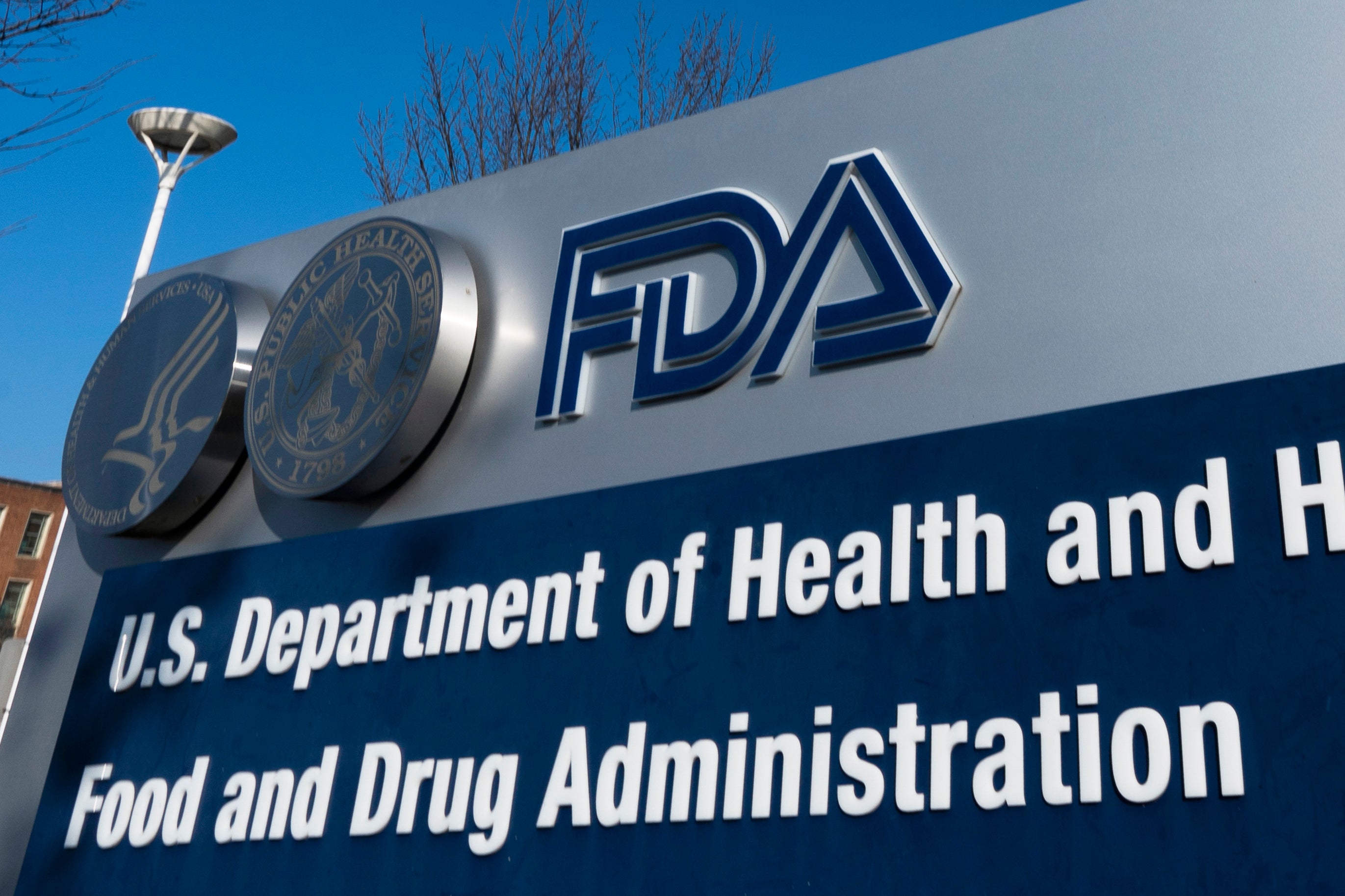Florida can import prescription drugs from Canada, US regulators say
Federal officials have cleared the way for Florida to begin importing cheaper prescription drugs from Canada

The Food and Drug Administration on Friday cleared the way for Florida's first-in-the-nation plan to import lower-priced prescription drugs from Canada, a long-sought approach to accessing cheaper medications that follows decades of frustration with U.S. drug prices.
Republican Gov. Ron DeSantis signed the plan into law in 2019, but it required federal review and approval by the FDA, which controls prescription drug imports.
Democratic President Joe Biden has backed such programs as a way to lower prices, signing an executive order in 2021 that directed the FDA to work with states on imports.
The policy change represented a seismic shift after decades of lobbying by the pharmaceutical industry, which said imports would expose U.S. patients to risks of counterfeit or adulterated drugs. The FDA also previously warned of the difficulties of assuring the safety of drugs originating from outside the U.S.
But the politics have shifted in recent years, with both parties — including former President Donald Trump — doubling down on the import approach.
The FDA said Florida’s program will be authorized for two years. Under federal requirements, state officials must test the drugs to make sure they’re authentic and relabel them so that they comply with U.S. standards.
Florida’s health department must also provide a quarterly report to the FDA on the types of drugs imported, cost savings and any potential safety and quality issues.
“These proposals must demonstrate the programs would result in significant cost savings to consumers without adding risk of exposure to unsafe or ineffective drugs,” FDA Commissioner Dr. Robert Califf said in a statement.
Many people already buy at least some of their medicines from pharmacies in Canada or Mexico, although technically it’s illegal to import them.
Work on allowing state imports began under Trump, a relentless critic of industry pricing.
Under the current regulations, states can import certain medicines through pharmacies and wholesalers. DeSantis has previously estimated taxpayers could save up to $150 million annually under the program.
The state’s proposal includes a number of drug classes, including medications for asthma; chronic obstructive pulmonary disease, or COPD; diabetes; HIV and AIDS; and mental illness.
The medications would be only for certain people, including foster children, inmates, certain elderly patients and — eventually — Medicaid recipients.
Like most developed nations, Canada sets limits on the prices drugmakers can charge if they wish to enter the market. Health officials there previously have suggested their country’s prescription drug market is too small to have any real impact on U.S. prices.
The U.S. has long had the highest prescription drug prices in the world, with essentially no government limits on what companies can charge. Only in 2022 did Congress pass a law allowing the federal government to negotiate prices for a small number of medications used by seniors in the Medicare program. The first such negotiations are set to take place later this year.
___
The Associated Press Health and Science Department receives support from the Howard Hughes Medical Institute’s Science and Educational Media Group. The AP is solely responsible for all content.
Bookmark popover
Removed from bookmarks